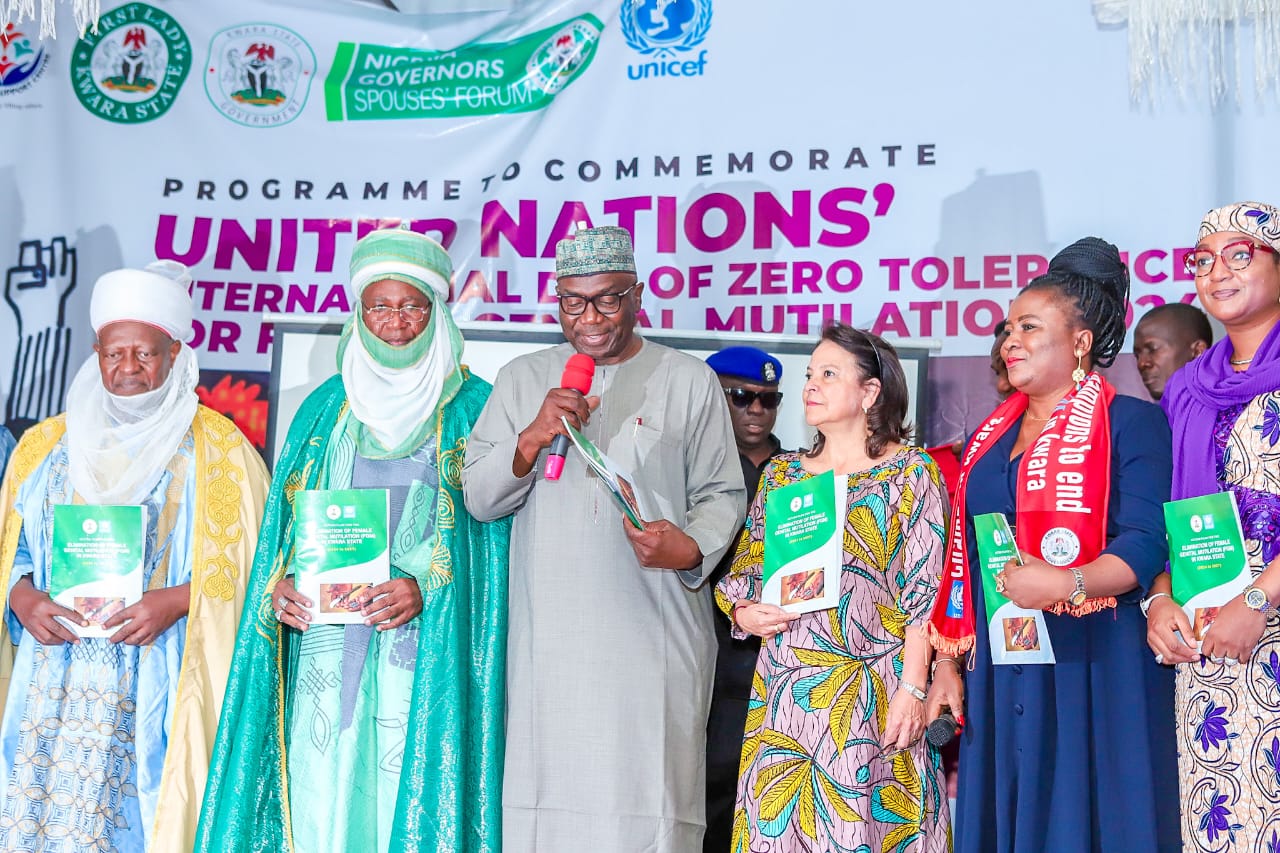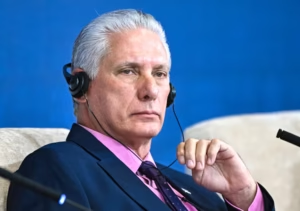
The United Nations Children’s Fund (UNICEF) has called on stakeholders to intensify efforts in addressing the rising cases of female genital mutilation (FGM) in Nigeria.
Cristian Munduate, UNICEF country representative, said this on Tuesday during a programme to mark the International Day of Zero Tolerance for FGM, in Ilorin, the Kwara capital.
The programme was organised by Olufolake AbdulRazaq, wife of the Kwara governor.
Munduate said despite the slight reduction in cases of FGM across the country, the harmful practice is still prevalent in Kwara.
She said Nigeria accounts for 19.9 million of 200 million girls and women who have experienced FGM globally.
“FGM prevalence is highest among women aged 15-49, reaching 58 percent and for the 0-14 age bracket, it stands at 35 percent,” NAN quoted Munduate as saying.
“We must act with a collective commitment to change to address this issue comprehensively.
“UNICEF, along with our sister agency, UNFPA, have co-led the largest global programme on the elimination of FGM aligning with the vision of the 2030 agenda for sustainable development.
“This year’s theme: ‘Her Voice. Her Future. Investing in Survivors-Led Movements to End Female Genital Mutilation’, resonates with the journey we collectively embark upon to eradicate this harmful practice.”
Olufolake AbdulRazaq,, wife of the Kwara governor, called on traditional and religious leaders to join in the fight to eliminate harmful practices in communities.
“As revered citizens, I commend our traditional and religious leaders for their support on the programmes and activities of the government,” AbdulRazaq said.
“I sincerely urge your royal highnesses to extend this support to our quest to end this practice.
“It is in the light of this that I commend UNICEF for this remarkable partnership and shared commitment toward ending all harmful practices that may deter our women and girls from reaching their full potentials in all facets of life.”








